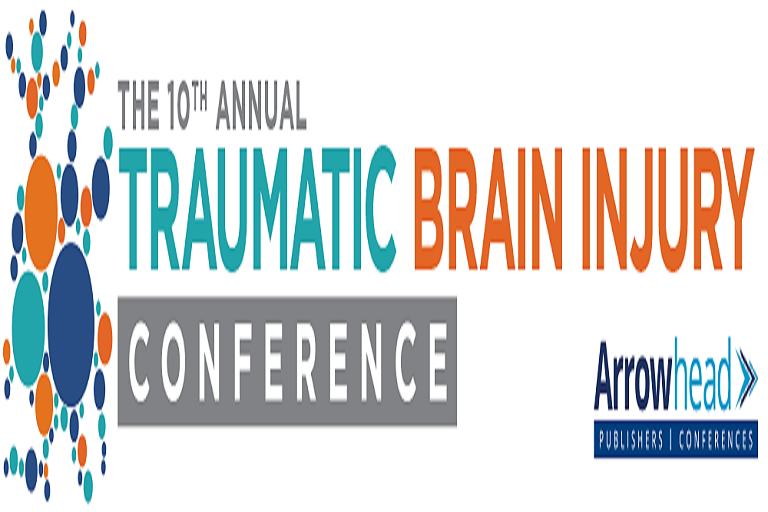Patients who have access to notes from their ambulatory care visits may be able to flag mistakes, increasing record accuracy and safety engagement. A new study published in the Journal of the American Medical Association found that one-fifth of patients who read ambulatory care notes reported finding a mistake in those notes, and 40% of those regarded the error as serious. “Among patient-reported very serious errors, the most common characterizations were mistakes in diagnoses, medical history, medications, physical examination, test results, notes on the wrong patient, and sidedness,” the study authors explained.
WHY IT MATTERS
By 2014, Massachusetts-based Beth Israel Deaconess Medical Center, Geisinger and the University of Washington Medicine had all made EHR information available for almost all ambulatory and surgical practices and for all types of practitioners through the OpenNotes initiative. Since then, the project has continued to gain momentum, with more than 40 million patients able to gain visibility into their clinical notes.
For this study, researchers surveyed 136,815 patients from these three health systems from June through October 2017 about their experience finding errors in visit notes. Of the nearly 30,000 patients who responded, 22,889 said they’d read their patient notes online in the past year. Of these patients, 4,830 (21.1%) reported perceiving a non-typographical mistake; 2,043 said the mistake had been somewhat or very serious.
One of the most common mistakes pertained to patient diagnosis, “including conditions that patients did not have, diagnoses that patients had and thought were relevant but were not recorded, problems or delays in the diagnostic process, or inaccuracy of existing diagnoses.”
Researchers noted examples of providers inaccurately recording “ductal carcinoma in situ” as “disseminated cancer,” or practitioners documenting responses to questions that were reportedly never asked. Other patients noted errors of omission, the reporting of the wrong test result and mistakes regarding medication allergies or dosages. “Several patients reported errors attributable to EHR glitches, such as missing medications after EHR vendor changes, attribution of all tests or vaccination dates to the patient’s birthdate, or a single date for all treatments or operations that reflected the patient’s date of transfer to the organization,” researchers said.
Female patients, more educated patients, sicker patients, older patients and those who read more than one note were more likely to report a mistake they found to be serious. Asian patients were less likely than white patients to report finding a serious mistake, and patients who identified as more than one race were more likely to report serious errors, the study found. “Patients who reported speaking multiple languages or a language other than English or Spanish as their primary language at home were less likely to report a serious error, but no meaningful differences were found between patients who primarily spoke English or Spanish at home,” researchers went on.
Though some patients said the error had been quickly fixed after they drew attention to it, many expressed frustration with the process. Some even recounted being ignored or derided after attempts to correct their own records.
“Several patients attributed communication errors, especially those pertaining to events they thought did not occur at the visit, to misunderstanding or misrepresentation; others found the practitioner’s account disingenuous. In a few instances, patients reported seeking a new health care practitioner, especially if their attempts to correct errors were ignored,” wrote the researchers.
THE LARGER TREND
Millions in the United States can access notes about their care online. Because of efforts by the Office of the National Coordinator for Health Information Technology to increase patient access to their electronic medical records through third-party apps, that number is likely to grow.
Industry leaders warn, however, that efficiency in data-sharing shouldn’t come at the cost of patient privacy. The JAMA study noted that some patients reported accidentally accessing the wrong patient’s data when trying to look at their own records – a serious concern from a security standpoint.
ON THE RECORD
“Despite patients’ rights to review their medical records through the Health Insurance Portability and Accountability Act, systematic checks on the content of notes have been almost absent from clinical documentation,” wrote researchers in the JAMA study.
“Patient-reported mistakes may help prevent medication errors, diagnostic and treatment delay, and duplicated diagnostic tests and procedures,” they continued. “Lack of routine review of notes by patients may be a missed opportunity not only for EHR accuracy but also for organizational learning.”
“However, realizing the potential for shared notes to enhance safety will require broad outreach and education for patients of all ages, races/ethnicities, and educational and health literacy levels,” they urged. “Practitioner support for patient feedback about errors is also important … Organizations will need systematic mechanisms for triaging and responding to patient-reported errors, particularly as EHR transparency increases and more patients access their records.”








































